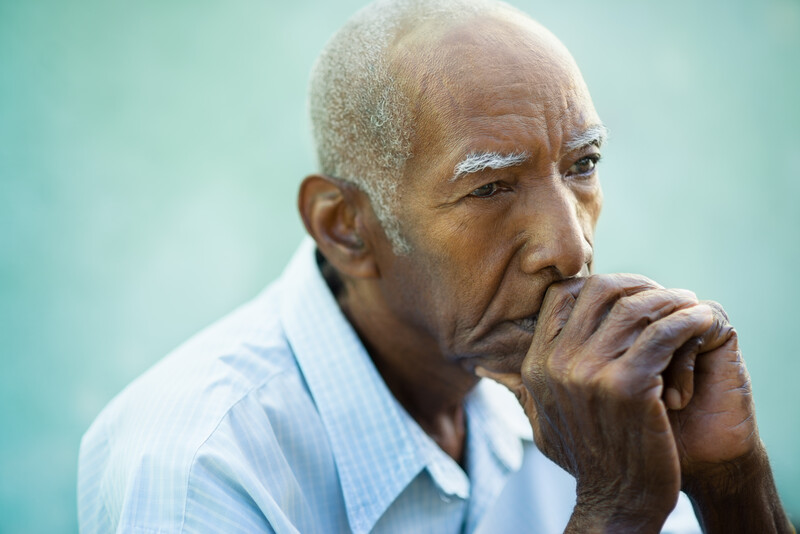In the tapestry of human life, the golden years often bring with them a wealth of wisdom, experience, and resilience. Yet, beneath the surface of aging gracefully lies a complex landscape of mental health challenges that demand our attention and compassion. In this journey, assessment tools emerge as beacons of insight, guiding us through the intricacies of geriatric mental health with precision and compassion.
At the forefront of geriatric mental health assessment stands the Mini-Mental State Examination (MMSE)[1], a stalwart companion in the quest to unravel cognitive decline and dementia. With its concise yet comprehensive battery of tasks, the MMSE offers a window into the cognitive functioning of older adults, illuminating both strengths and vulnerabilities with clarity and objectivity.
But the assessment journey does not end there. In the quest to understand the nuances of geriatric mental health, we turn to the Montreal Cognitive Assessment (MoCA[2]), a tool that transcends the confines of traditional screening measures. With its emphasis on executive function and memory, the MoCA paints a richer portrait of cognitive abilities, empowering clinicians to tailor interventions to the unique needs of each individual.
Yet, mental health in the geriatric population extends beyond the realm of cognition alone. It encompasses a myriad of emotional and psychological dimensions, each deserving of careful consideration and assessment. Enter the Geriatric Depression Scale (GDS[3]) and the Geriatric Anxiety Inventory (GAI[4]), two instruments designed to illuminate the shadowy recesses of mood disorders in older adults. With their probing questions and gentle inquiries, these scales invite individuals to share their innermost struggles, fostering a sense of validation and understanding in the process.
But assessment in geriatric mental health is not merely about identifying deficits—it is also about celebrating strengths and resilience. In this spirit, the Activities of Daily Living (ADL) and Instrumental Activities of Daily Living (IADL) scales emerge as powerful tools for assessing functional independence and autonomy in older adults.[5] From bathing and dressing to managing finances and transportation, these scales offer a holistic perspective on an individual’s ability to navigate the complexities of daily life with grace and dignity.
Yet, amidst the sea of assessment tools lies a crucial reminder: numbers and scores can only tell part of the story. As clinicians and caregivers, it is our duty to listen deeply, to honor the lived experiences of older adults with humility and respect. Behind every assessment score lies a life rich with memories, aspirations, and dreams—each one deserving of validation and empathy.
In conclusion, the journey of assessment in geriatric mental health is one of profound significance and responsibility. It is a journey guided not only by numbers and scores but by empathy, compassion, and a deep reverence for the human spirit. As we navigate this terrain together, let us remember that assessment is not merely a means to an end, but a sacred opportunity to bear witness to the resilience and beauty of aging with grace.
[1] Iverson, Grant L. “Interpretation of Mini‐Mental State Examination scores in community‐dwelling elderly and geriatric neuropsychiatry patients.” International journal of geriatric psychiatry 13.10 (1998): 661-666.
[2] Dautzenberg, Géraud, Jeroen Lijmer, and Aartjan Beekman. “Clinical value of the Montreal Cognitive Assessment (MoCA) in patients suspected of cognitive impairment in old age psychiatry. Using the MoCA for triaging to a memory clinic.” Cognitive Neuropsychiatry 26.1 (2021): 1-17.
[3] Kurlowicz, Lenore, and Sherry A. Greenberg. “The geriatric depression scale (GDS).” INSIGHT-SAN FRANCISCO-AMERICAN SOCIETY OF OPHTHALMIC REGISTERED NURSES- 25.1 (2000): 18-22.
[4] Gerolimatos, Lindsay A., Jeffrey J. Gregg, and Barry A. Edelstein. “Assessment of anxiety in long-term care: examination of the Geriatric Anxiety Inventory (GAI) and its short form.” International Psychogeriatrics 25.9 (2013): 1533-1542.
[5] Seelye, Adriana, et al. “Functional assessment in geriatric mental health.” Handbook of mental health and aging. Academic Press, 2020. 285-298.

